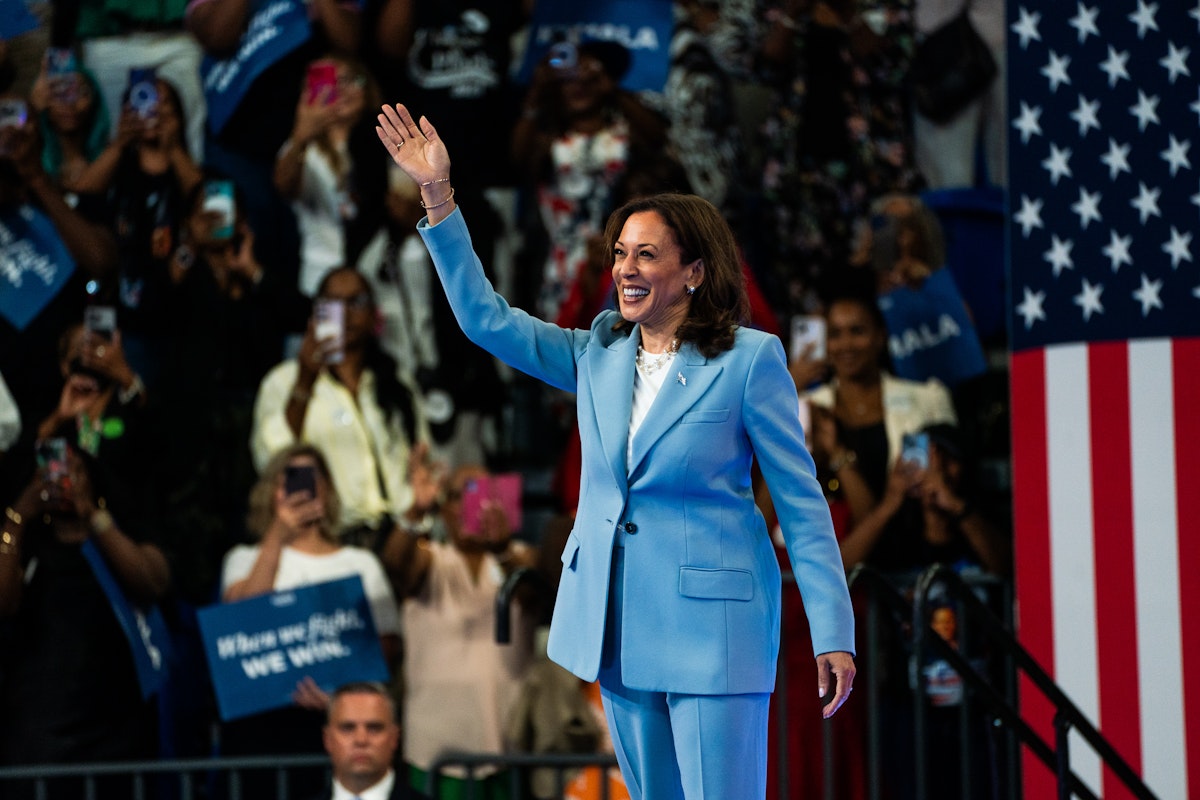Tories must get out of their bubble and listen to business
To those outside the bubble of true blue believers, Conservative party conference looked deranged. As violence exploded in the Middle East, delegates in Birmingham were battling over novelty merchandise and queuing for selfies with election losers. Fringe events debating the meaning of conservatism were packed while corporate sponsors and business lobbyists were conspicuous by their [...]


To those outside the bubble of true blue believers, Conservative party conference looked deranged. As violence exploded in the Middle East, delegates in Birmingham were battling over novelty merchandise and queuing for selfies with election losers. Fringe events debating the meaning of conservatism were packed while corporate sponsors and business lobbyists were conspicuous by their absence. This was a party very much talking to itself.
On the one hand, this is a conversation that must be had for Conservatives to understand why voters rejected them and how they can rebuild. It’s reassuring that so much policy discussion was focused on housing and winning back working-age voters. On the other, their early actions – in particular, the reflexive opposition to Labour’s sensible reforms to winter fuel payments – suggest they will learn all the wrong lessons.
The supposed party of business should be particularly worried about how few businesses bothered to turn up to their conference. Any discussion about the future of the country must include voices from the City and wealth creators across the country. Unless Conservatives listen to entrepreneurs and risk-takers they’ll never work out why they failed to deliver growth. And without growth, no politician can hope to improve our public services nor fulfil their fundamental duty to keep us safe in a darkening world.
The bubble may be cosy, but it can also distort the view of the world outside
And there is a real opportunity for the Tories here. Because while businesses were present at Labour’s conference – to quote a leader who did so much damage to that party’s reputation – they were not involved. Having hiked the cost of a ticket to their business day to £3,000, the government disappointed attendees with limp sandwiches, tedious lectures and limited access to ministers. Rachel Reeves may have worked hard to reassure the City ahead of the election, but it’s becoming increasingly clear this was mere lip-service. As Eliot Wilson has written in these pages, Labour’s relationship with business is a marriage of convenience, not a love match.
The next Conservative leader can woo the country back by recognising that governments don’t create growth, businesses do – and they deserve a say in Britain’s future. The bubble may be cosy, but it can also distort the view of the world outside.



